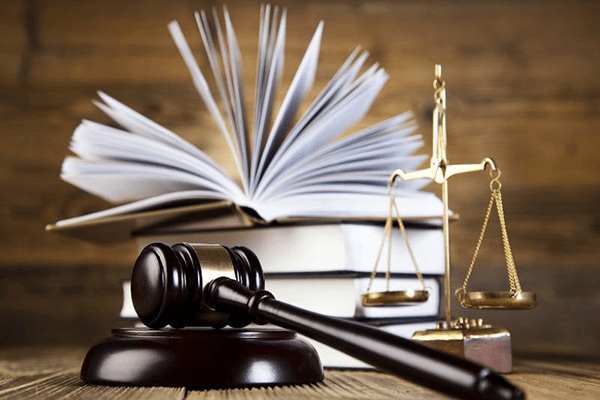Companies May Need To Fight In Court To Re-Open During COVID-19 Crisis
By Judith Bachman
Can a business sue to enable the reopening of its location? Why can’t a non-essential business that can work within social distancing guidelines be allowed to operate?
These could be questions for the courts to consider.
Clearly (and necessarily) it is within the government’s authority to exercise ‘police power’ during an epidemic for the health and safety of residents. Jacobson v. Massachusetts (1905).
In the current crisis, New York State used this power to issue ‘stay at home’ orders. After declaring a New York State disaster emergency and recognizing the danger of community transmission of COVID-19, Governor Cuomo issued a series of executive orders which, in the end, mandated the closure of non-essential businesses but permitted essential businesses, like grocery stores, gas stations, and hospitals, to remain open. Operating a non-essential business in violation of these regulations would subject the business to prosecution and fines pursuant to section 12 of the Public Health Law.
The Governor’s closure orders distinguishing between essential and non-essential businesses created a bright line rule to determine which business could operate. 
But categorizing businesses as essential or non-essential for a closure determination may not be a legally valid methodology, and may require change. Under both law and logic, non-essential business that can observe health mandates could be considered safe and allowed to operate.
In exercising its police power during this pandemic, New York State must do so in a “reasonable and not arbitrary way.” Jacobson v. Massachusetts (1905).
Prohibiting the operation of non-essential business that can work safely under public health guidelines seems to be arbitrary and may, therefore, be unenforceable.
The State must use the “least restrictive legally available means to control the outbreak.” C.F v. N.Y. Dep’t of Health & Mental Hygiene (2019).
Banning those non-essential businesses that can observe social distancing from operating is over inclusive and not the “least restrictive” means.
Shades Of Gray To Put Businesses Back On Line
The State could allow many more businesses to operate so long as they do so while observing public health directives. The Governor could allow any business to operate, for instance, if they limit the number of customers in one location at a time or could impose strict decontamination and cleaning processes for businesses.
Litigation on this issue has sprung up in some jurisdictions although often under various political aegis, e.g. NRA v. Cuomo (2020).
It is unclear how long the lockdown will persist but business owners straining under mandatory closure as a non-essential entity should consult with their legal counsel to help decide if they should seek redress to re-open their business. It could help save their business while still honoring public health concerns.
Judith Bachman is the founder and principal of The Bachman Law Firm PLLC in New City. judith@thebachmanlawfirm.com 845-639-3210










